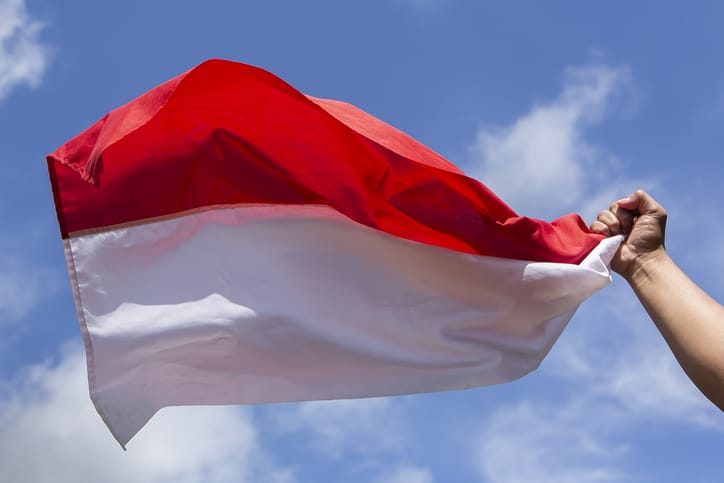Indonesia is showing notable progress in its fight against corruption, setting itself apart from many countries by completing both phases of a key United Nations review mechanism years ahead of schedule. Yet, despite the milestones, experts and international reviewers say the country still faces significant gaps in its legal framework—particularly when it comes to prosecuting foreign bribery.
The progress stems from Indonesia’s involvement in the UN Convention against Corruption (UNCAC), which evaluates countries through its Implementation Review Mechanism (IRM). The process assesses national efforts to criminalize corruption, foster international cooperation, prevent misconduct, and recover stolen assets.
While many countries lag behind in the UNCAC IRM, especially the second phase, Indonesia had successfully completed Phase I by 2012 and Phase II by 2019. The early completion has put it ahead of many other countries. Information from both phases has been published and is readily accessible on the UN Office on Drugs and Crime (UNODC) website.
In its assessment, the UN commended Indonesia’s “forceful start on tackling corruption,” and praised the creation of Indonesia’s Corruption Eradication Commission (KPK). This is a powerful independent agency that investigates and prosecutes high-profile corruption cases.
The praise came with caution. The reviewers pointed out Indonesia’s failure to criminalize bribery cases involving foreign officials and pursue an effective framework for the prosecution of transnational corruption. A draft law, similar to the Foreign Corrupt Practices Act (FCPA), exists and would make foreign bribery an offense under Indonesian law, but it has yet to be enacted.
However, Indonesia has played a significant role in international anticorruption efforts. Its cooperation with U.S. authorities on FCPA investigations has resulted in bribery sanctions leveled against foreign companies operating in Indonesia:
- In 2014, French firm Alstom S.A. was fined $770 million for bribery schemes that spanned six countries, including Indonesia.
- That same year, Japan’s Marubeni Corporation paid $88 million in sanctions after admitting to bribing officials in Indonesia’s Parliament and state-owned energy firm PLN.
- More recently, in 2023, U.S.-based Albemarle Corporation was fined $218 million for bribes paid to officials at Pertamina, Indonesia’s national oil company.
All of these cases were built with cooperation from Indonesian law enforcement agencies—an indication of the country’s growing commitment to tackling transnational corruption, even without a complete legal framework in place.
Still, watchdogs note critical areas where Indonesia must improve, including whistleblower protections and a legal mechanism to prosecute foreign bribery on its own soil.
As global scrutiny around corruption intensifies, Indonesia’s future efforts will likely determine whether it can transform from a promising participant to a policy leader in international anticorruption.
